Chess, often hailed as the game of kings, has long been celebrated for its ability to develop critical thinking skills, improve concentration, and enhance cognitive abilities. It's a strategic and intellectual sport, played and revered by millions around the globe. However, few discussions focus on the potential downsides that playing chess can have, particularly when it becomes more than a casual pastime. Let’s explore some of the lesser-known disadvantages of engaging deeply with this celebrated game.
1. Excessive Mental Strain
Chess requires a great deal of concentration and mental stamina. For professional players or those deeply invested in the game, the mental exertion can be extreme. Prolonged periods of intense focus can lead to mental fatigue, which might affect performance in other areas of life. There's also the risk of 'chess burnout', where players become so mentally exhausted by their chess duties and preparations that they start to see a decline in their love for the game and their overall well-being.
2. Social Isolation
While chess can be a social game, playing at a highly competitive level often requires hours of solitary study and practice, analyzing past games, and preparing strategies. This can lead to a form of social isolation, as players spend less time on social activities or with non-chess-playing friends. Younger players who dedicate themselves to chess might miss out on essential interactions that are critical to developing social skills.
3. One-Dimensional Identity Formation
For some, chess becomes not just a hobby but a sole identity. This can be particularly concerning in young players who invest a large amount of their time in the game, often at the expense of exploring other interests and skills. Identifying singularly as a chess player may limit personal growth and the development of a more multifaceted identity.
4. Physical Health Concerns
Chess is a sedentary activity. Long hours of sitting and studying or playing can contribute to a range of health issues including poor posture, eye strain, and reduced physical fitness. Despite the mental agility the game demands, the physical inactivity associated with serious chess playing can have negative implications for physical health.
5. Increased Anxiety and Stress
The pressure to perform can be intense, particularly at higher levels of competition. Chess players might face significant stress during preparation and games, which can manifest as anxiety, frustration, or even depression. The fear of losing a game, dropping in rank, or not meeting personal expectations or those of coaches and peers can be a significant burden.
6. Impact on Academic or Career Performance
For school-age players, an excessive focus on chess can sometimes be at the expense of academic responsibilities. Balancing chess training with homework, exams, and other extracurricular activities can be a challenging task. Adults might find it difficult to maintain an equilibrium between their career demands and competitive chess play, which could potentially harm their professional growth or job stability.
Conclusion
While there are undoubtedly many benefits to playing chess, it is essential to maintain a balance to avoid the downsides associated with the game. Too much of any activity can lead to negative consequences, and chess is no exception. Ensuring that there is time for other hobbies, social activities, physical exercise, and rest is crucial for those heavily involved in the chess world. By recognizing the potential drawbacks and actively managing them, chess can continue to be an enriching and rewarding part of life, without overshadowing other important aspects of well-being.
Explore our large collection of luxurious chess sets!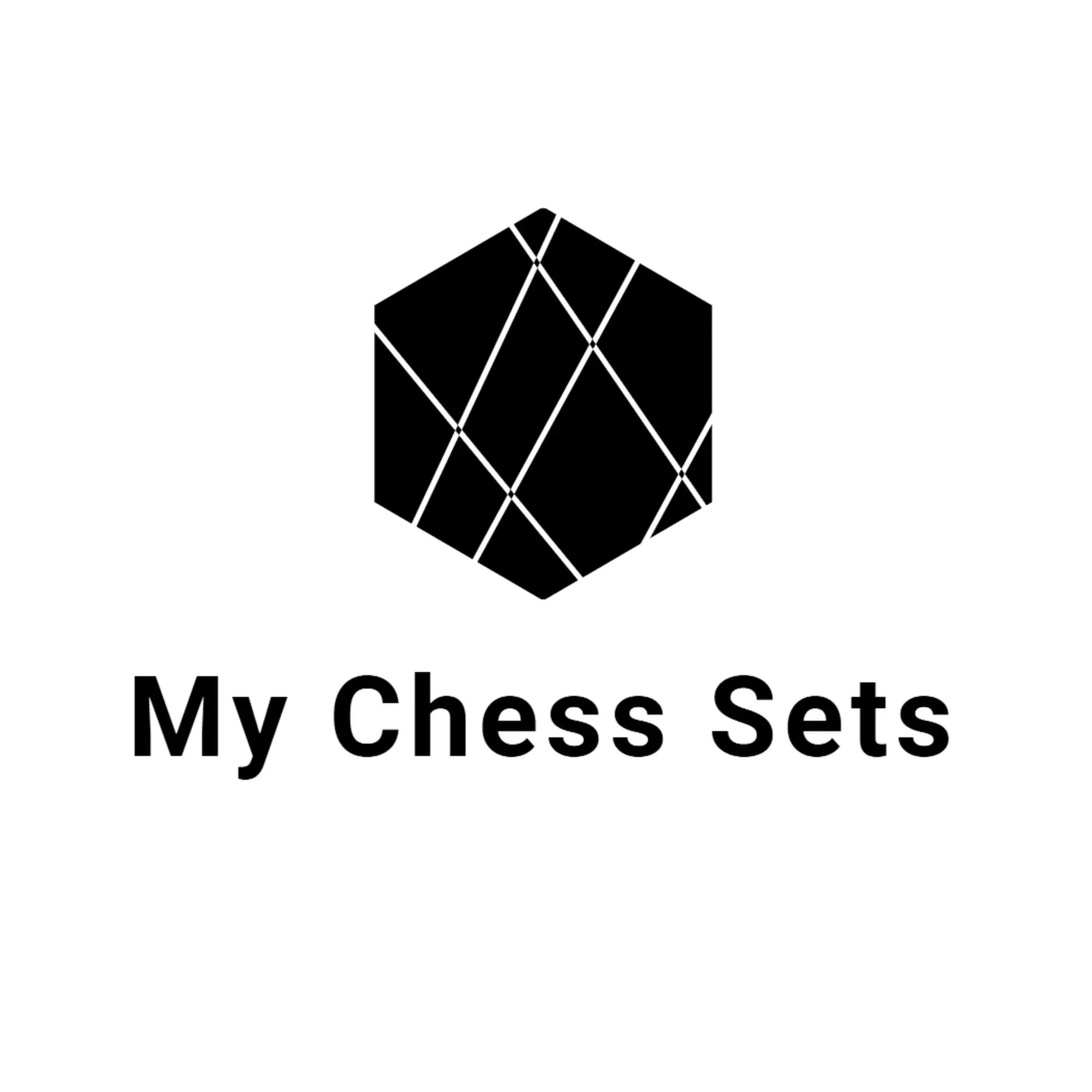

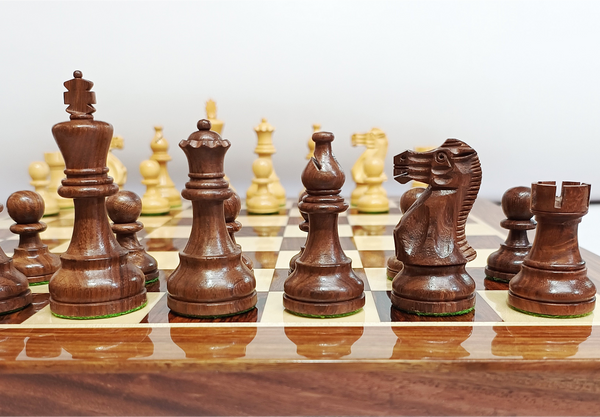
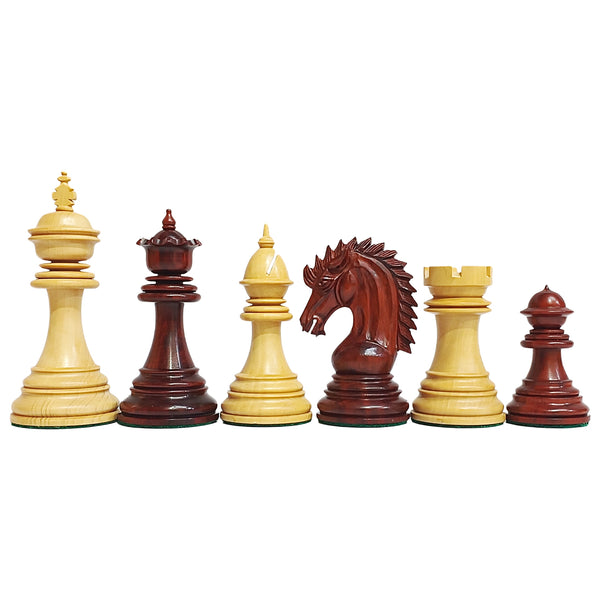
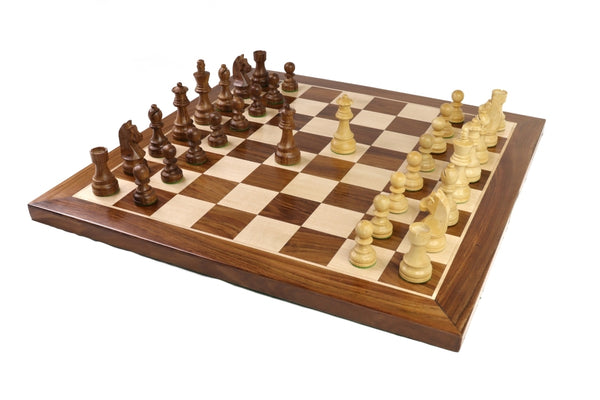
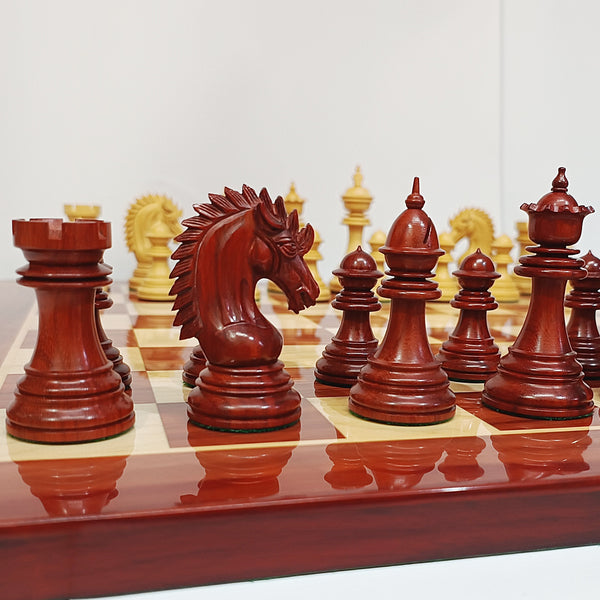
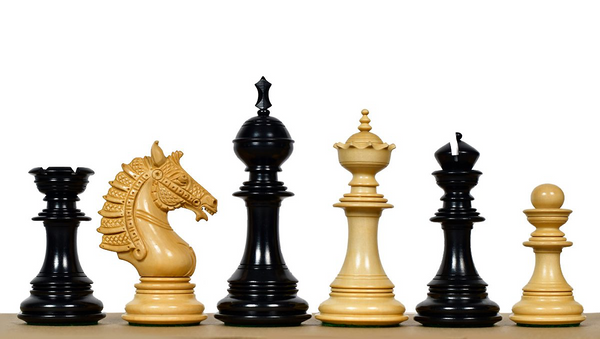
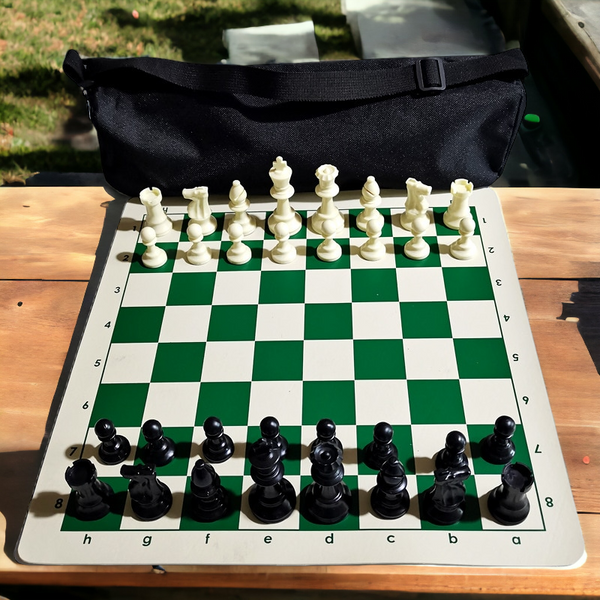
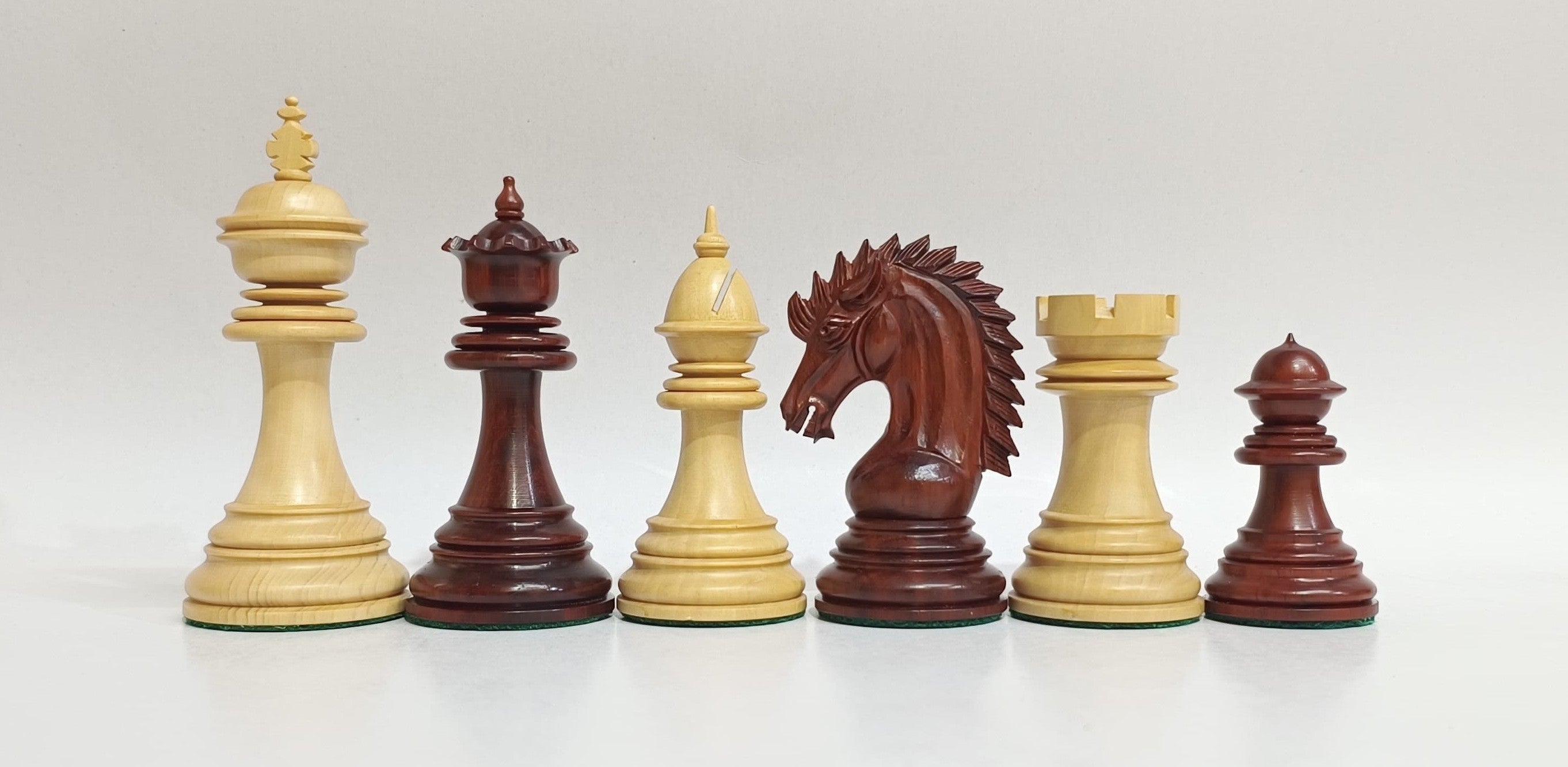
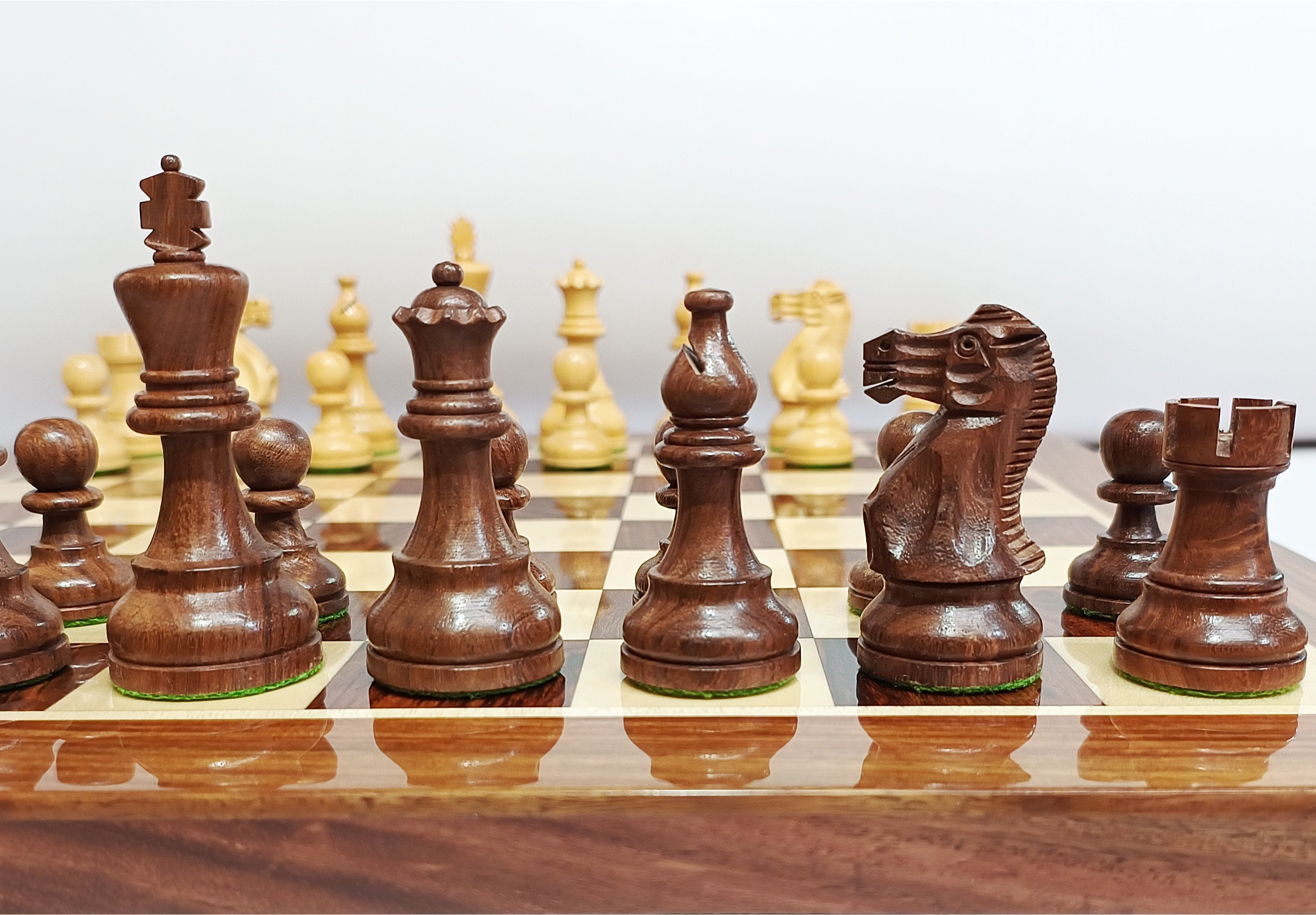
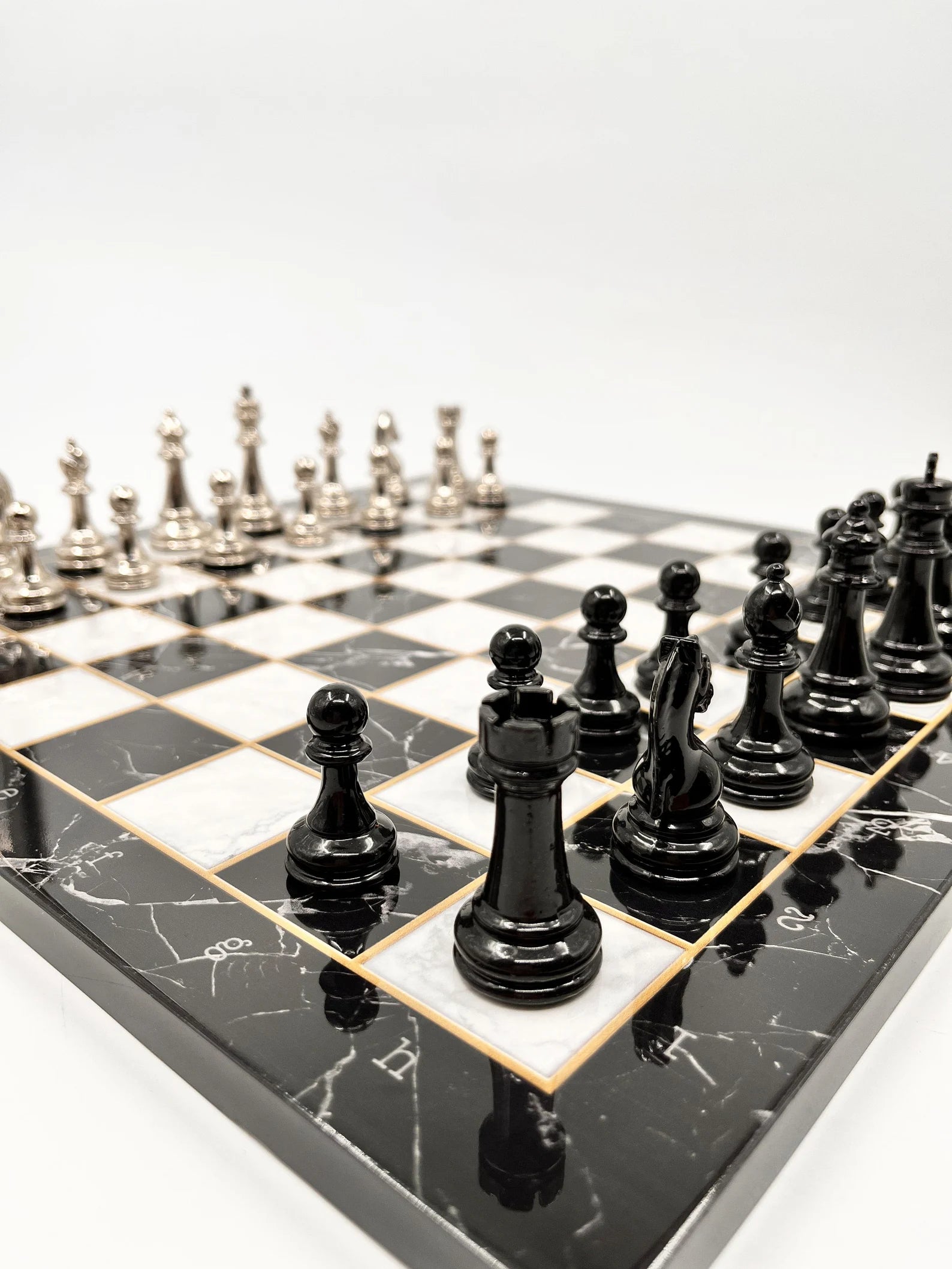
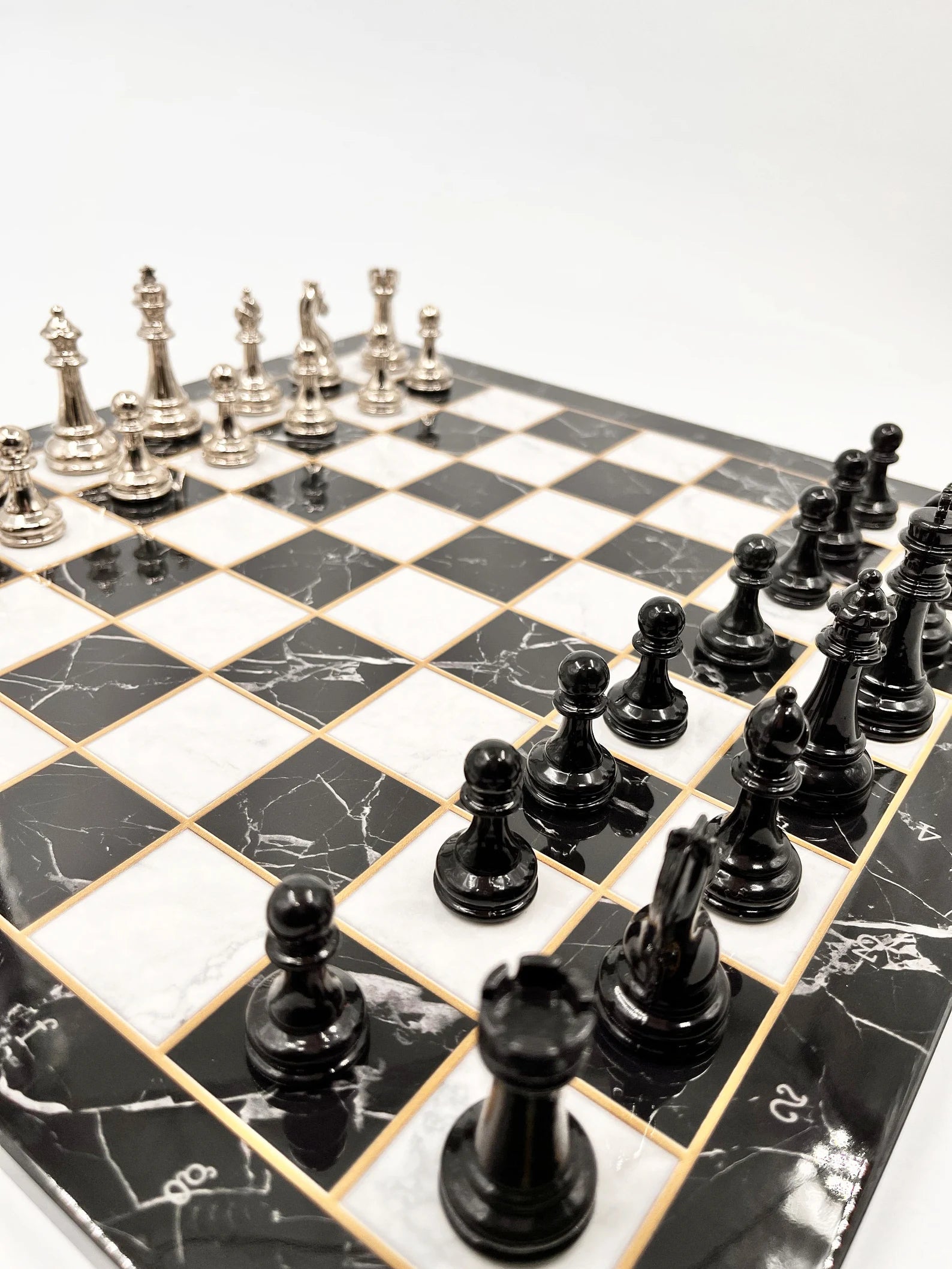
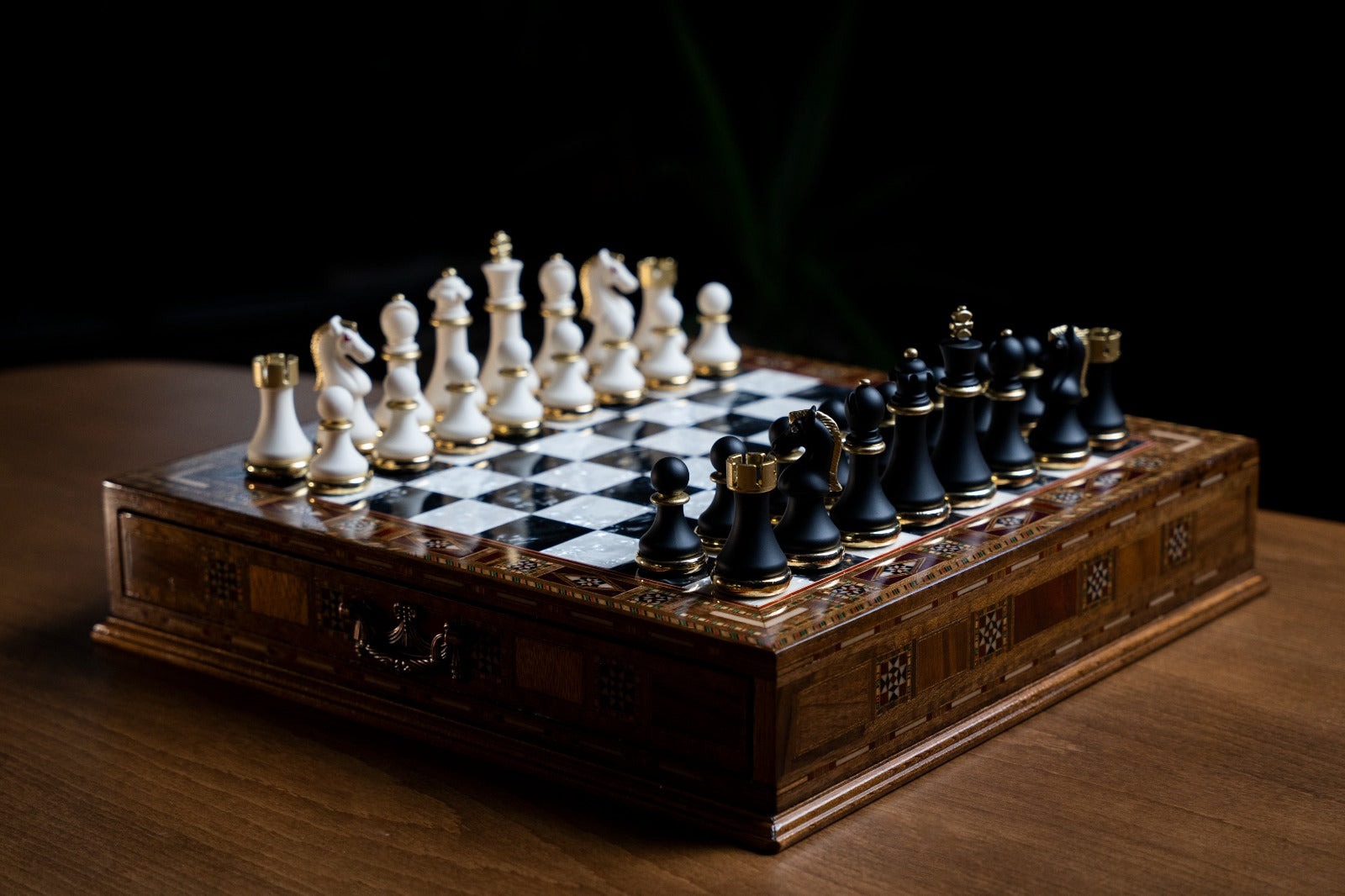
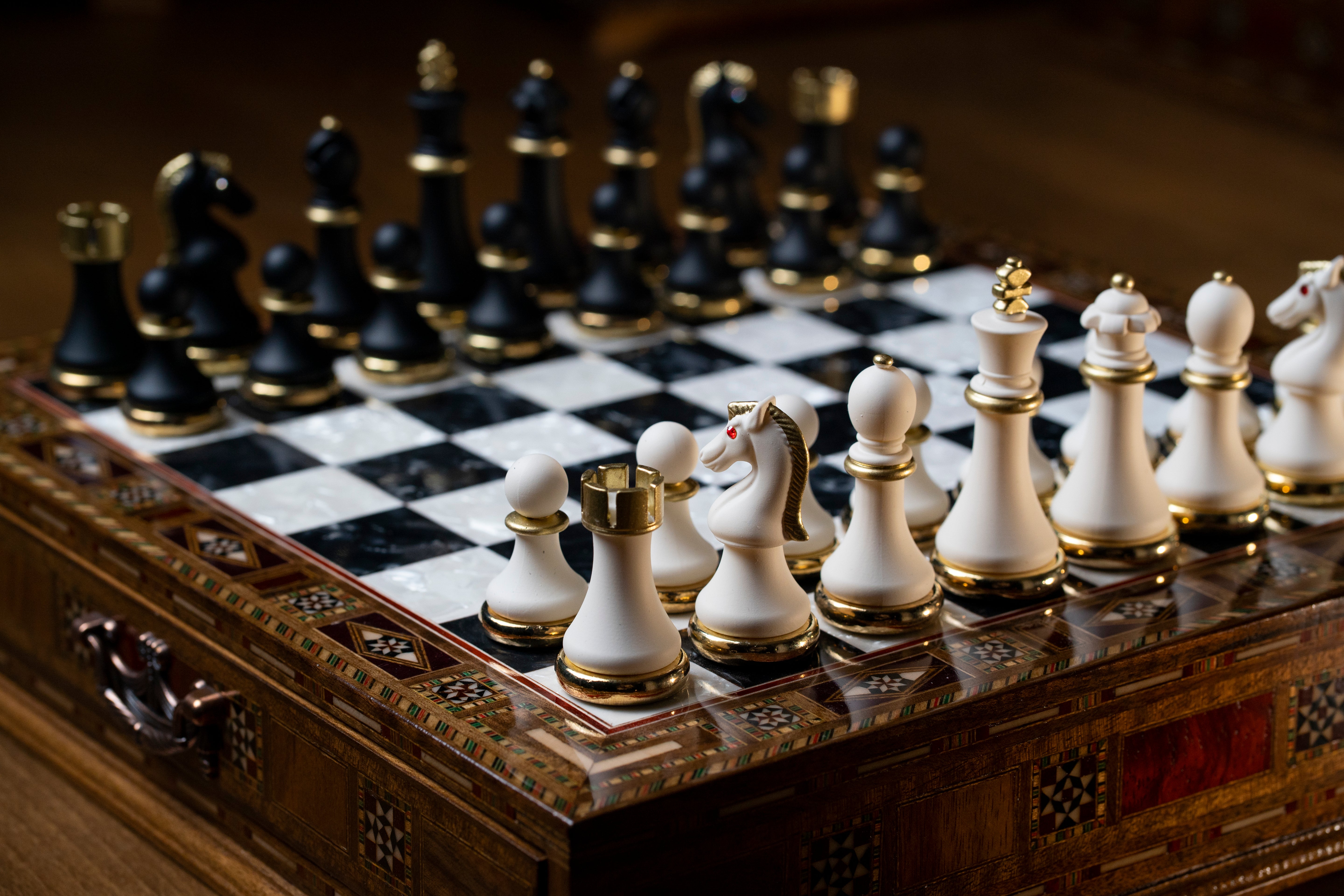
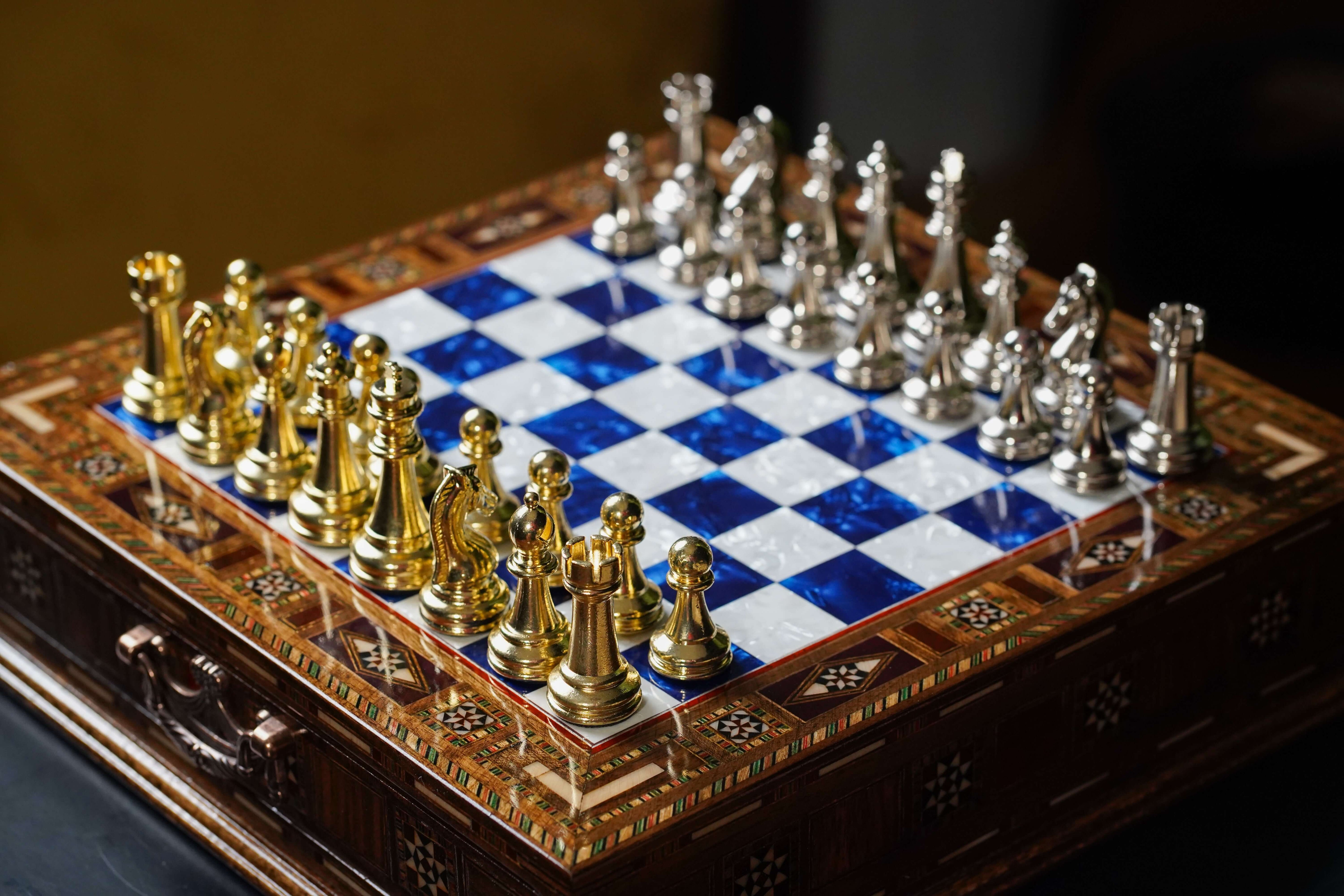
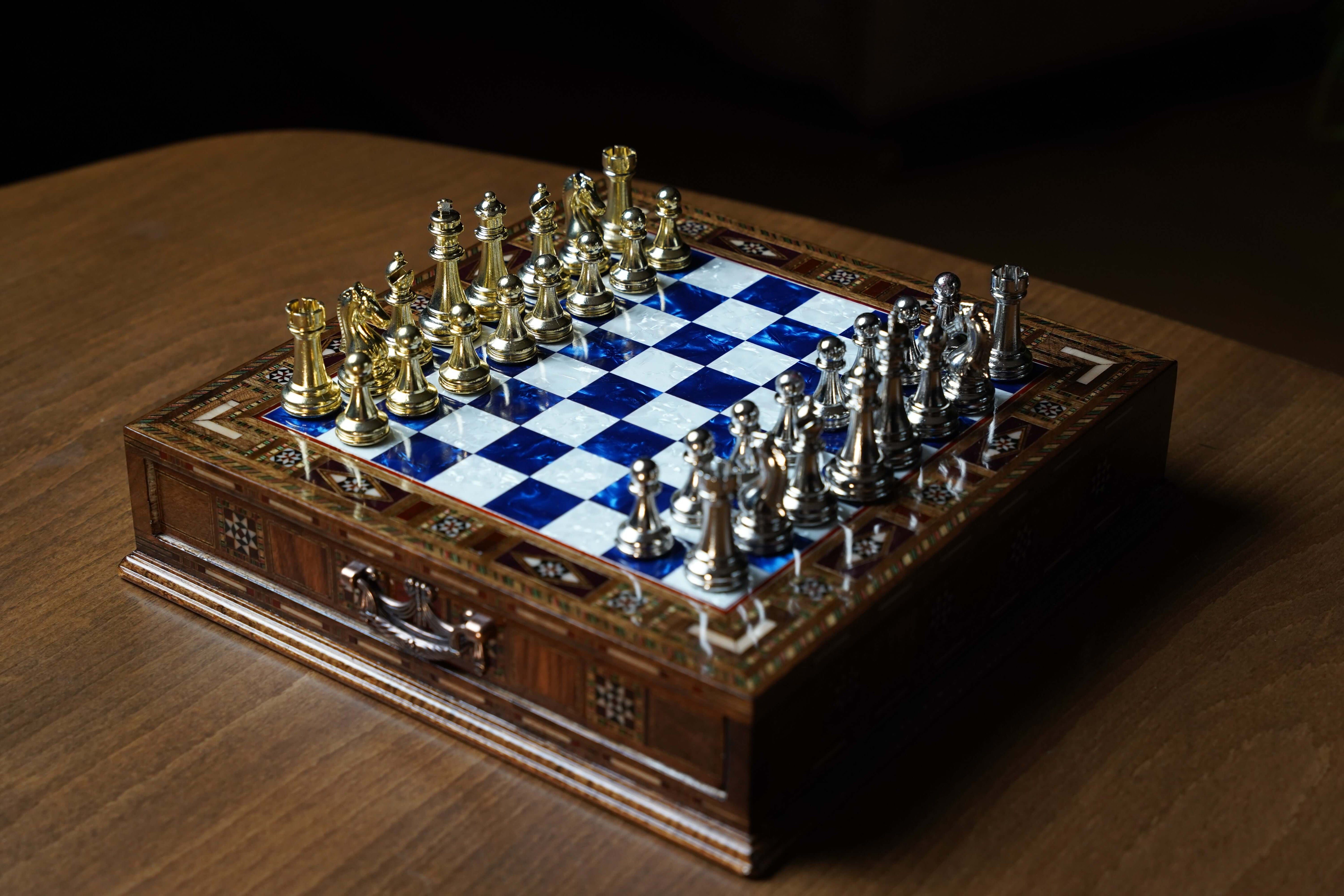
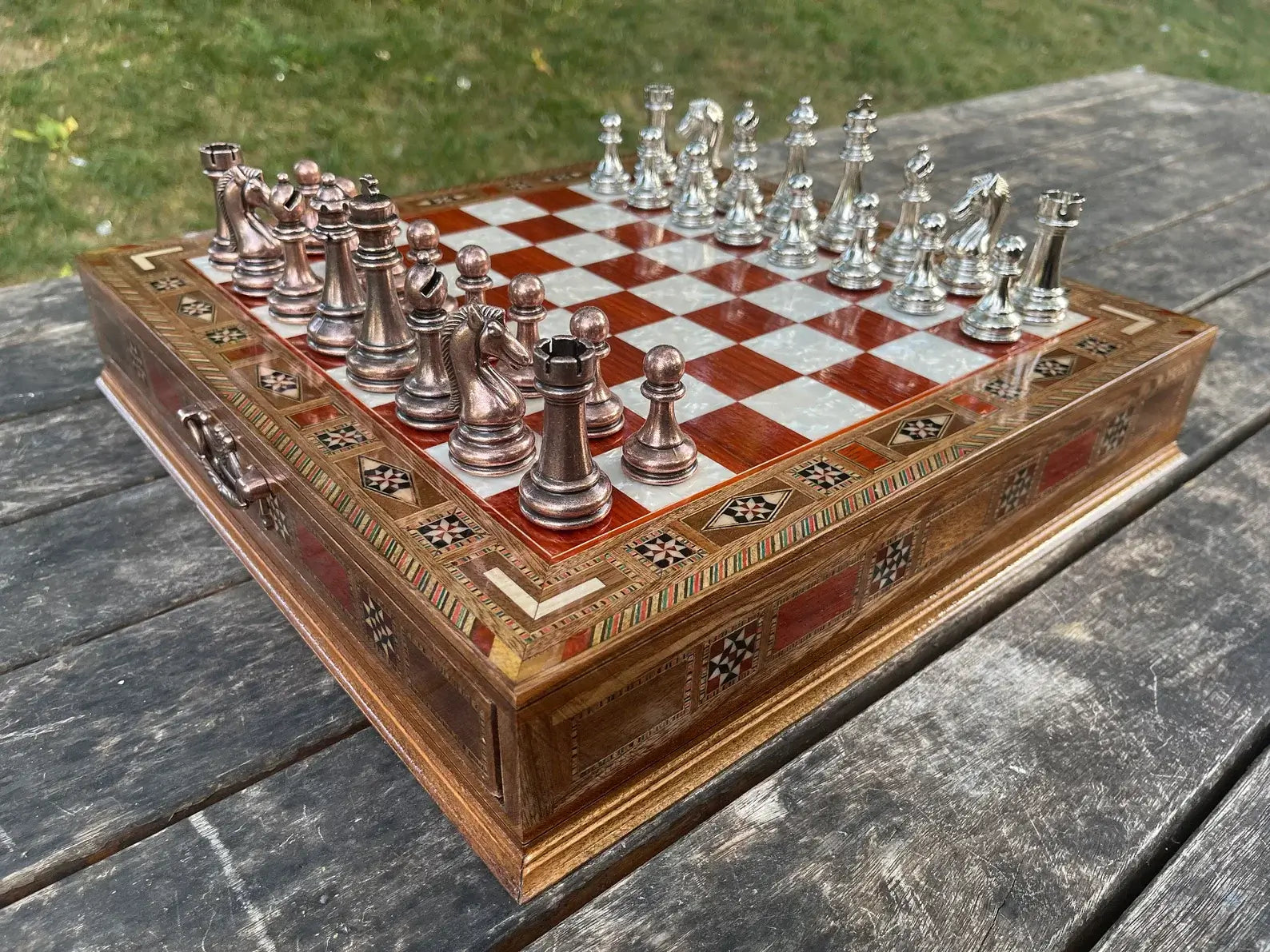
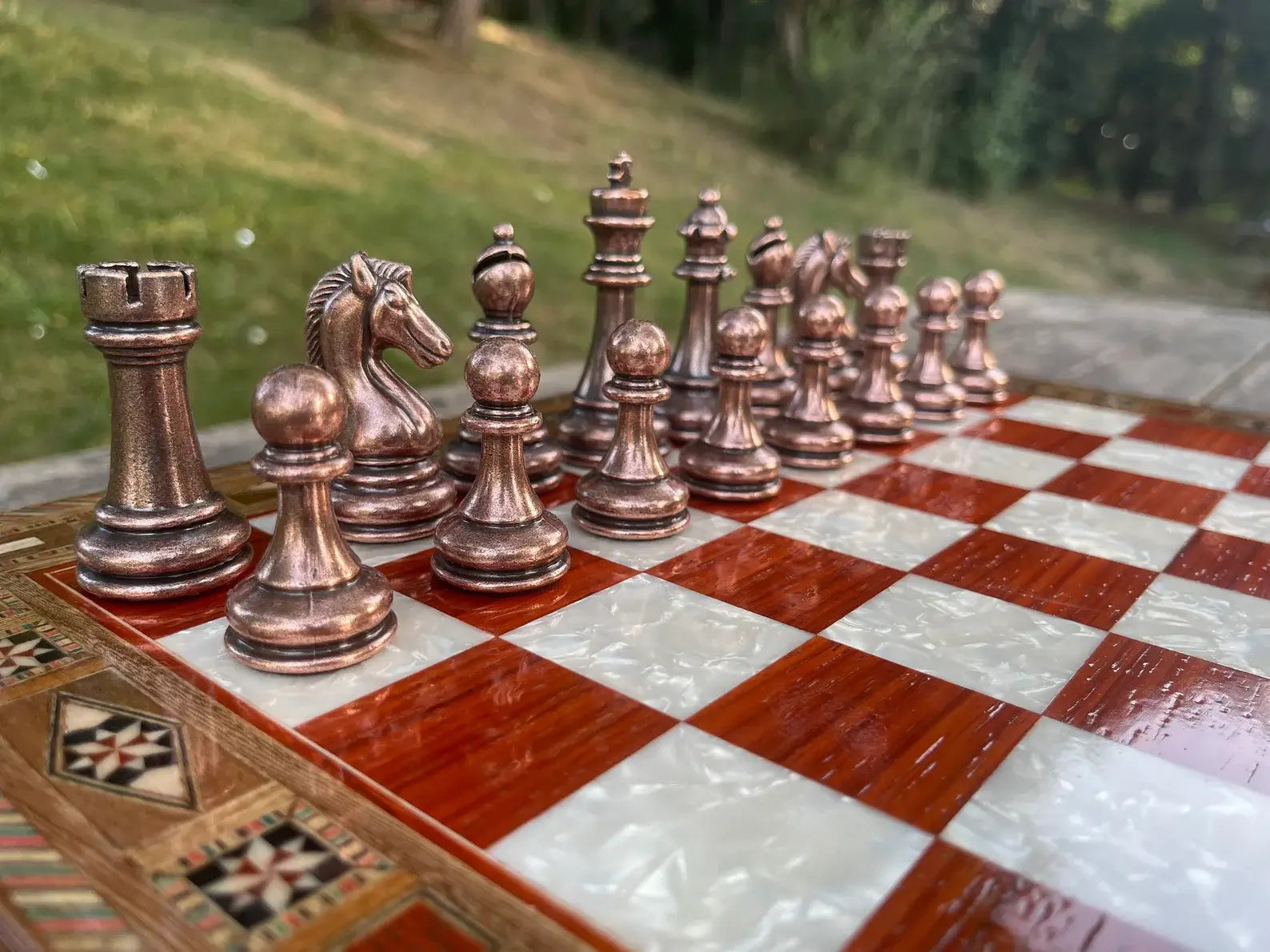
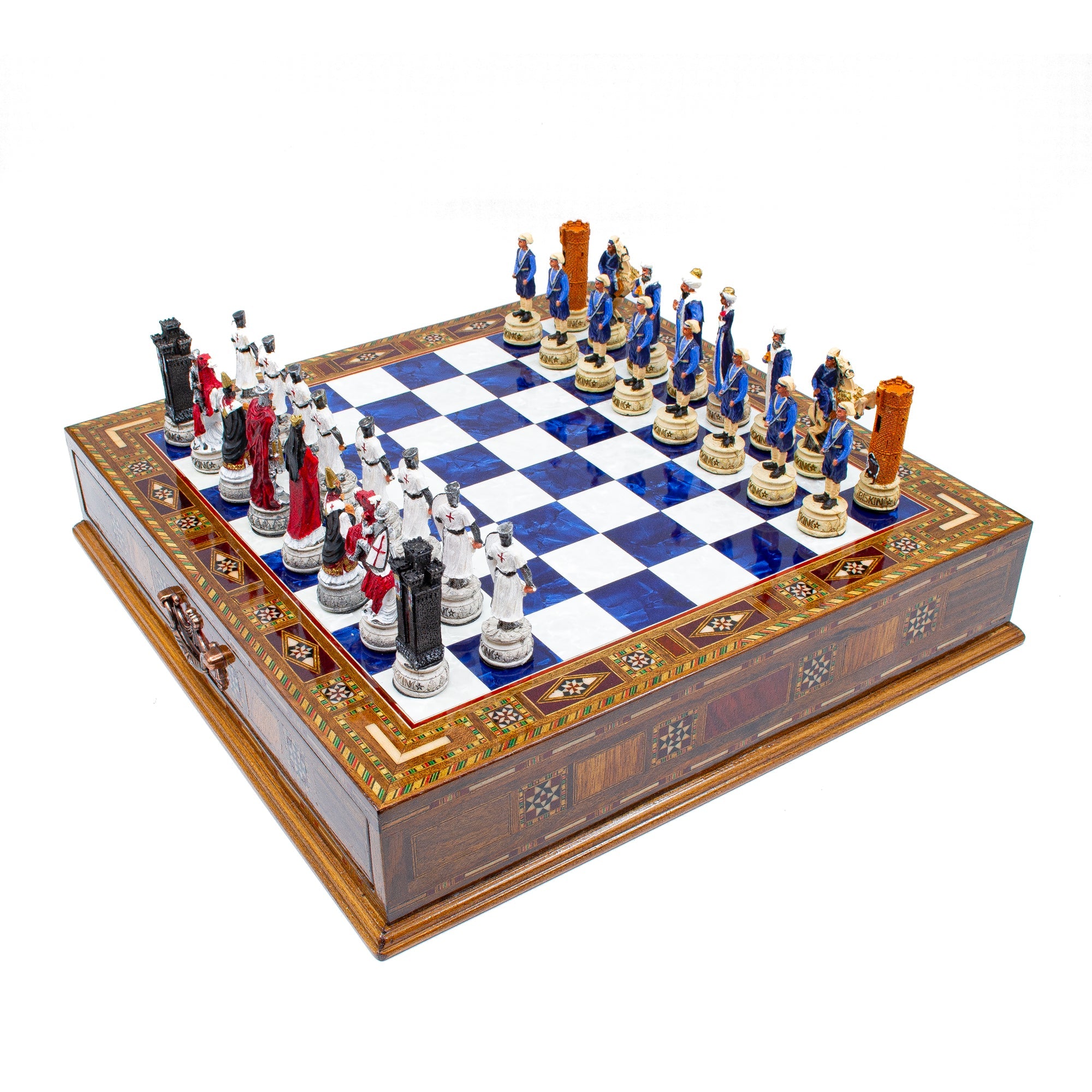
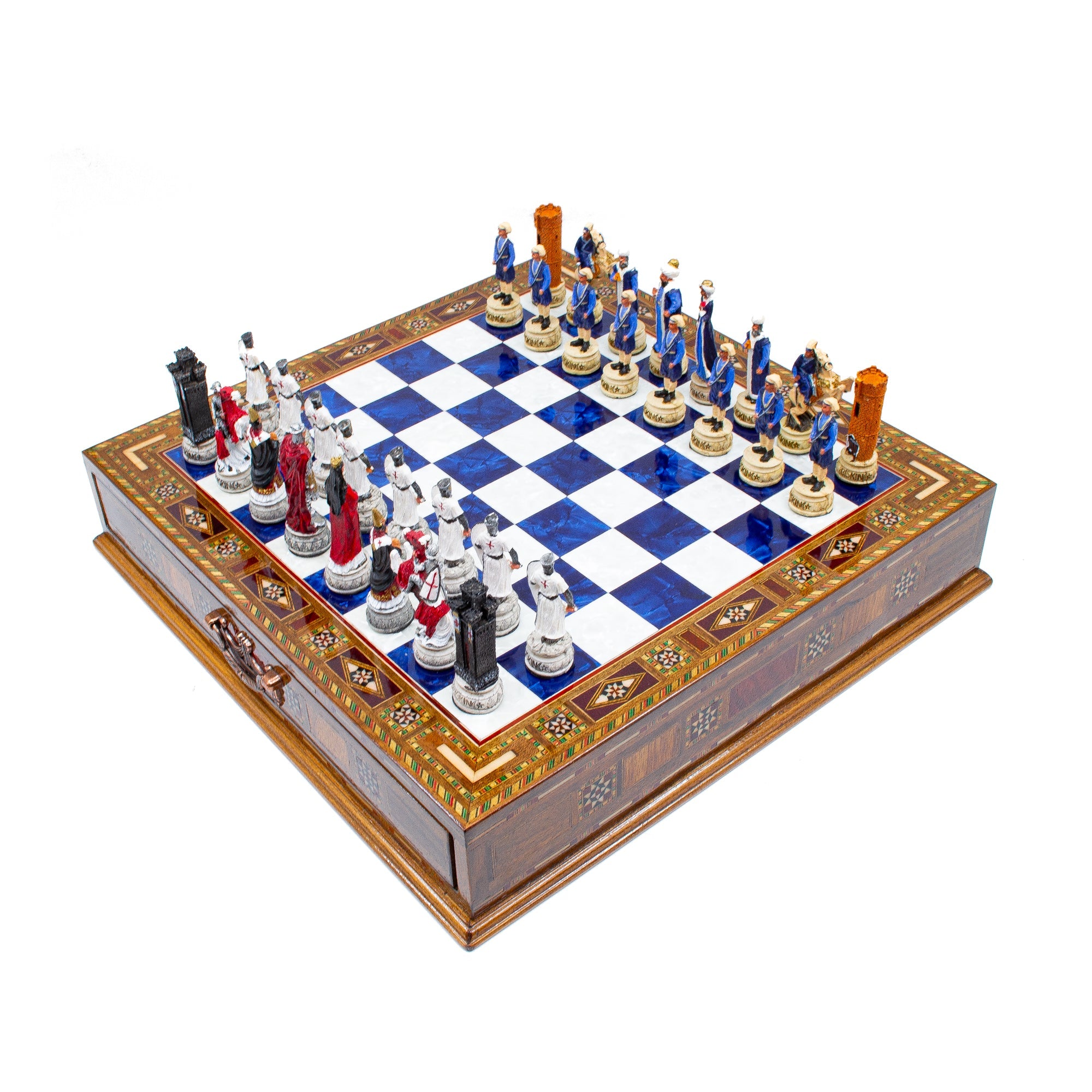
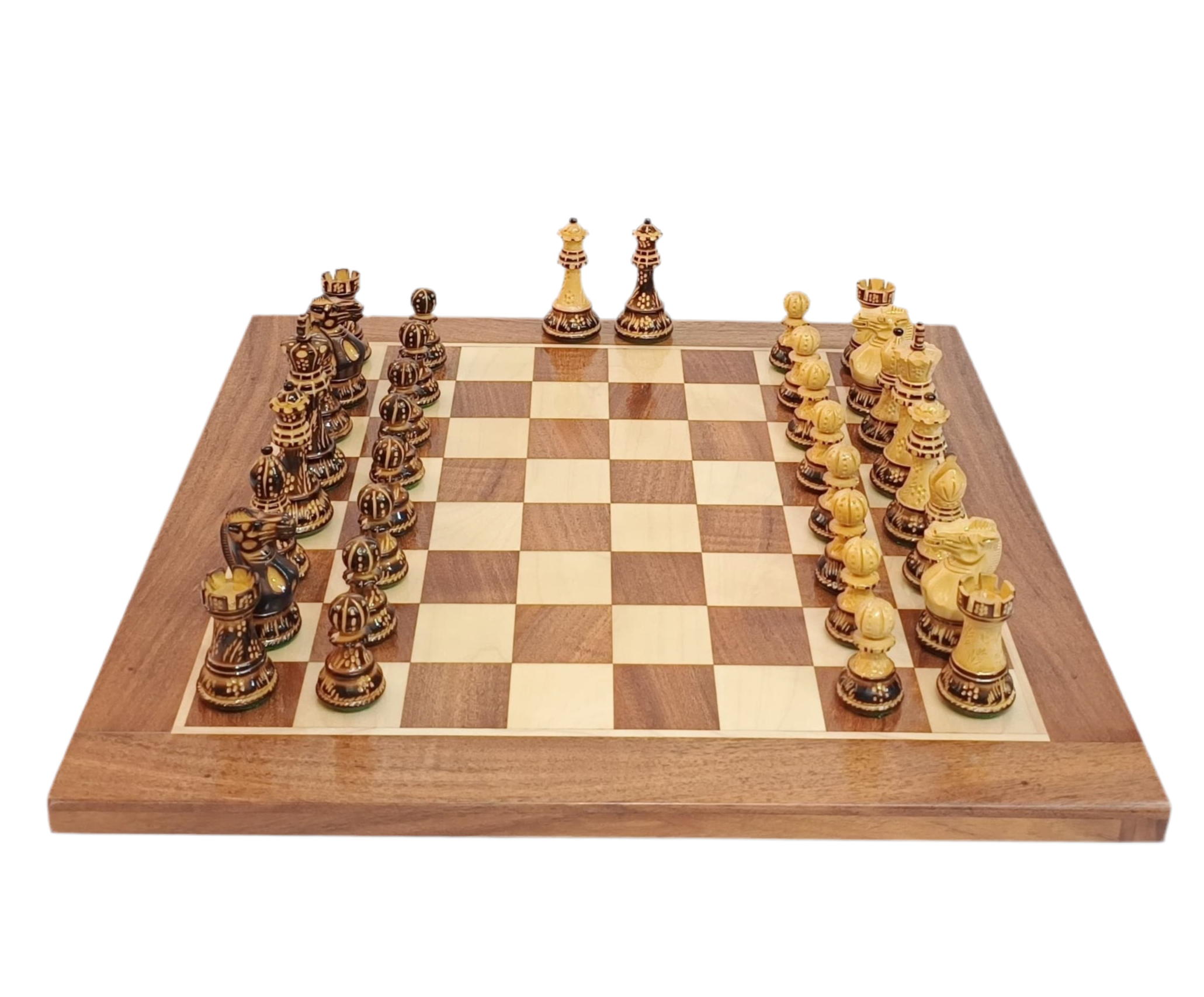
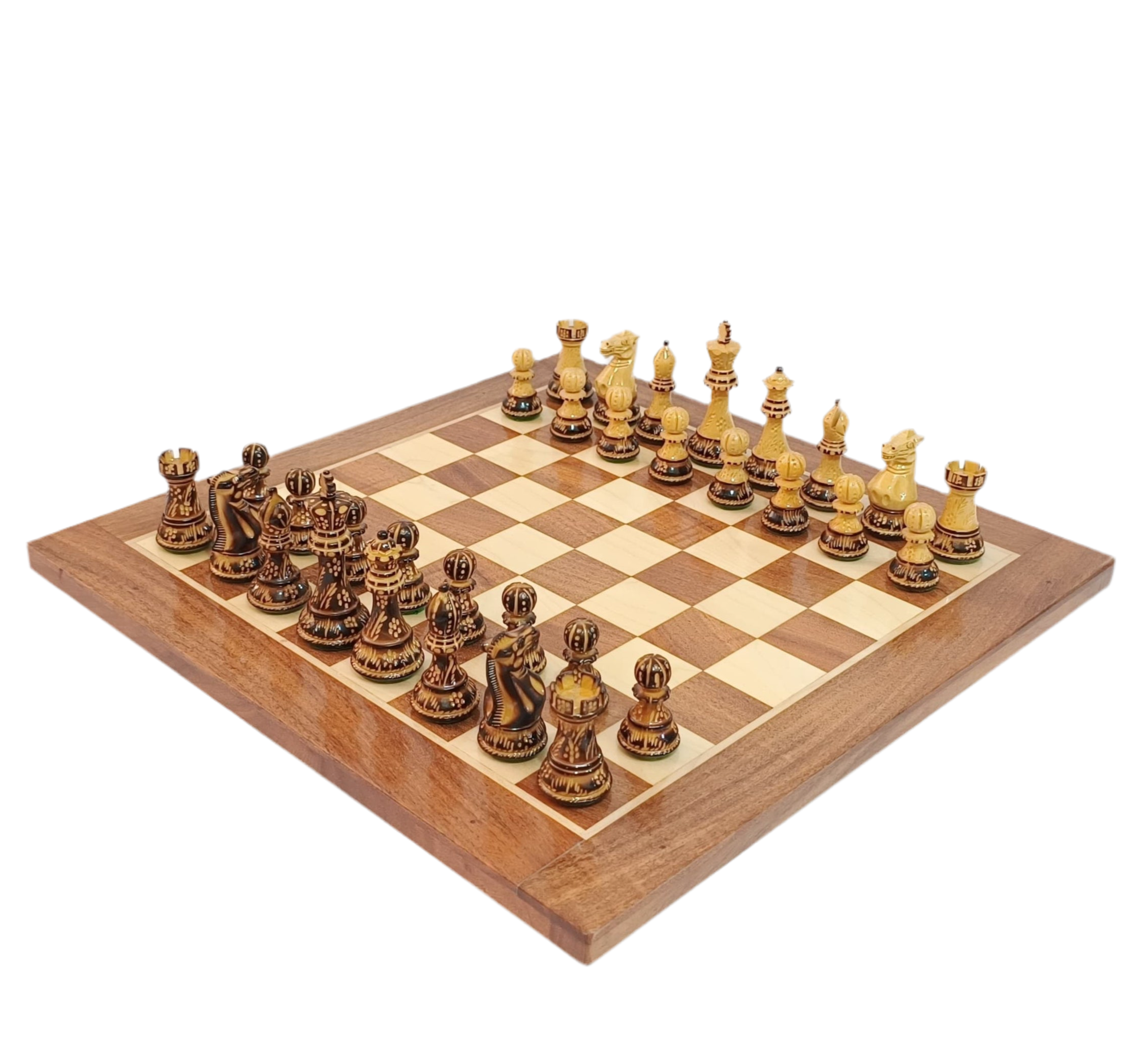

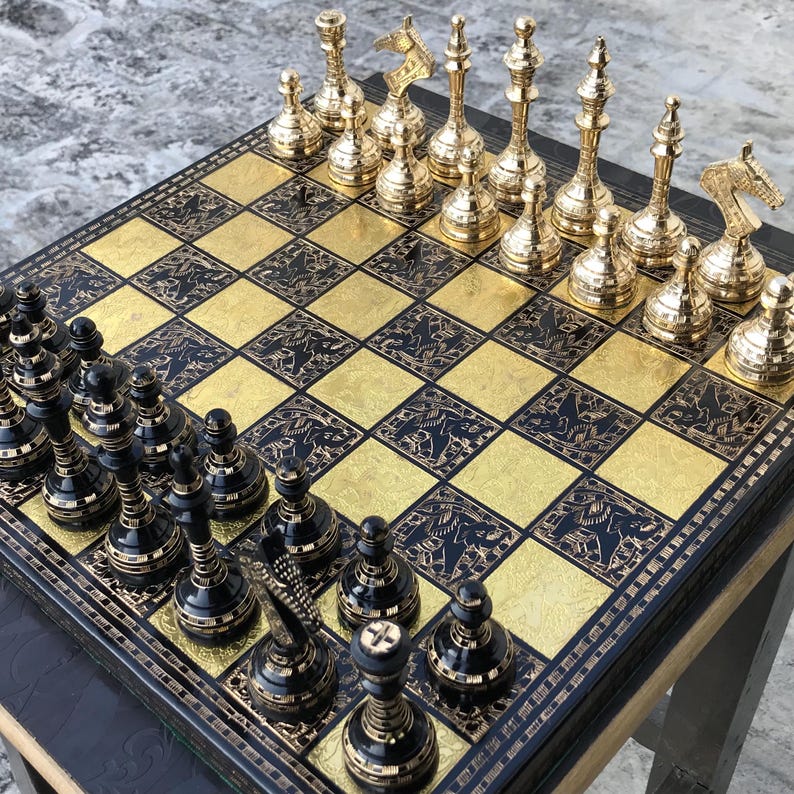


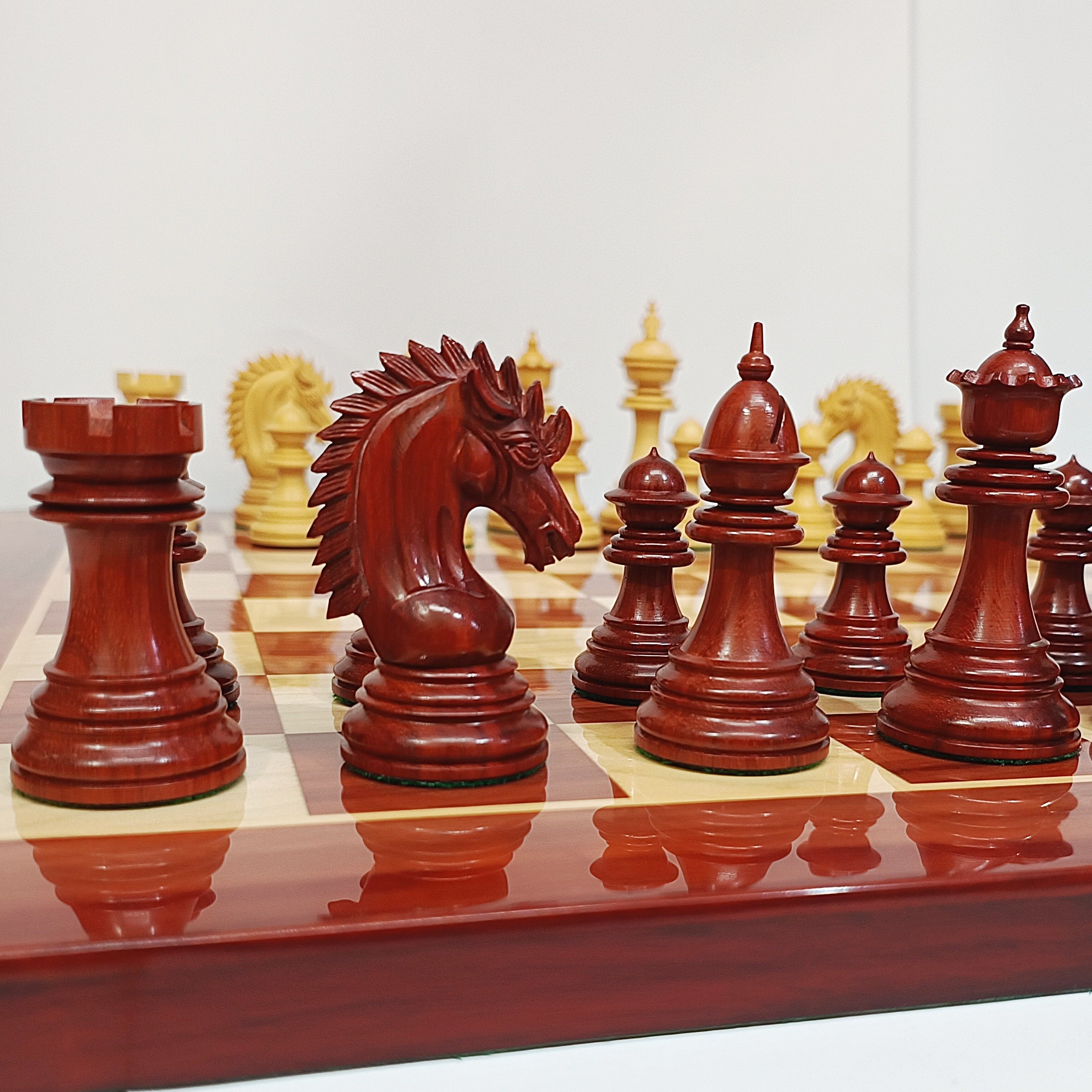
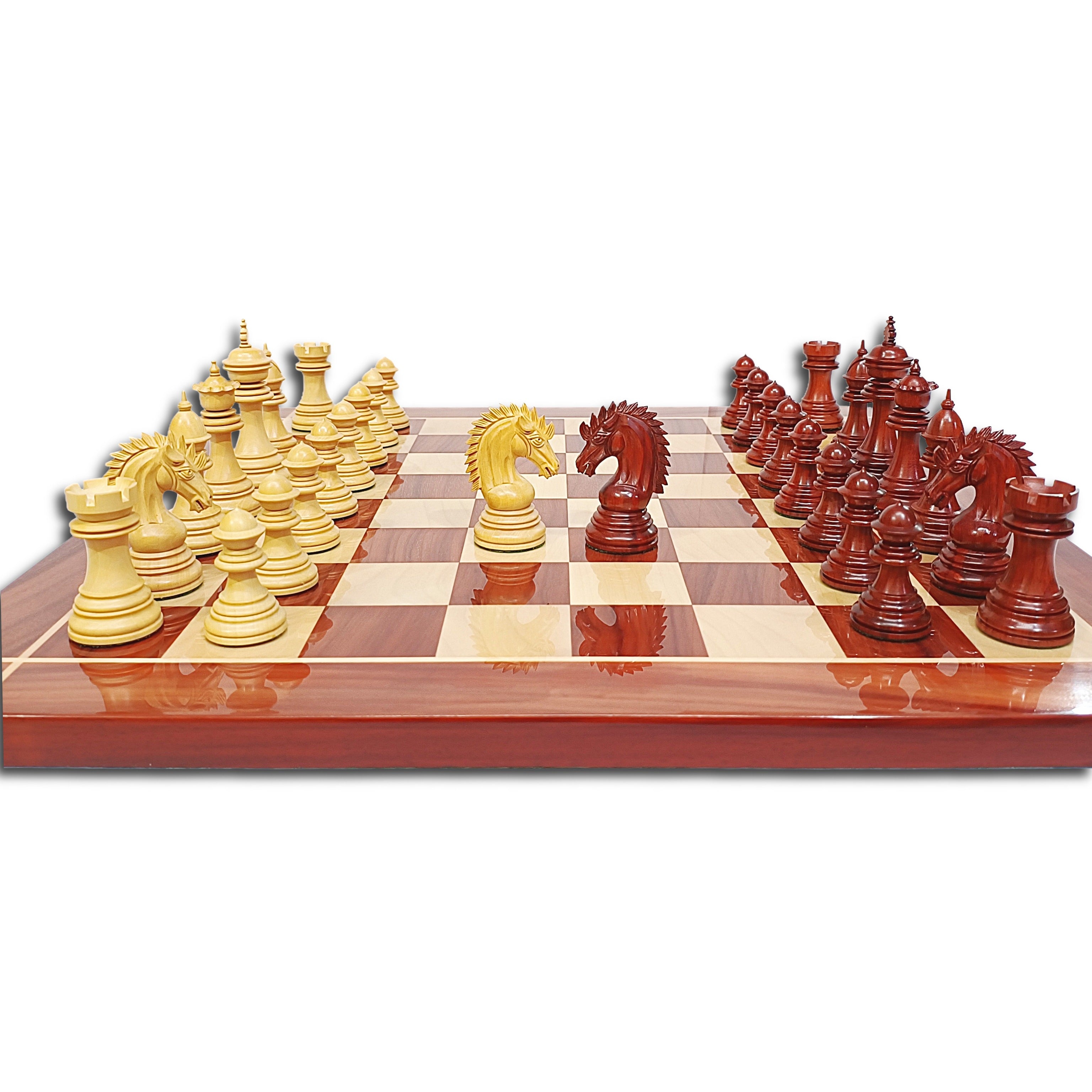
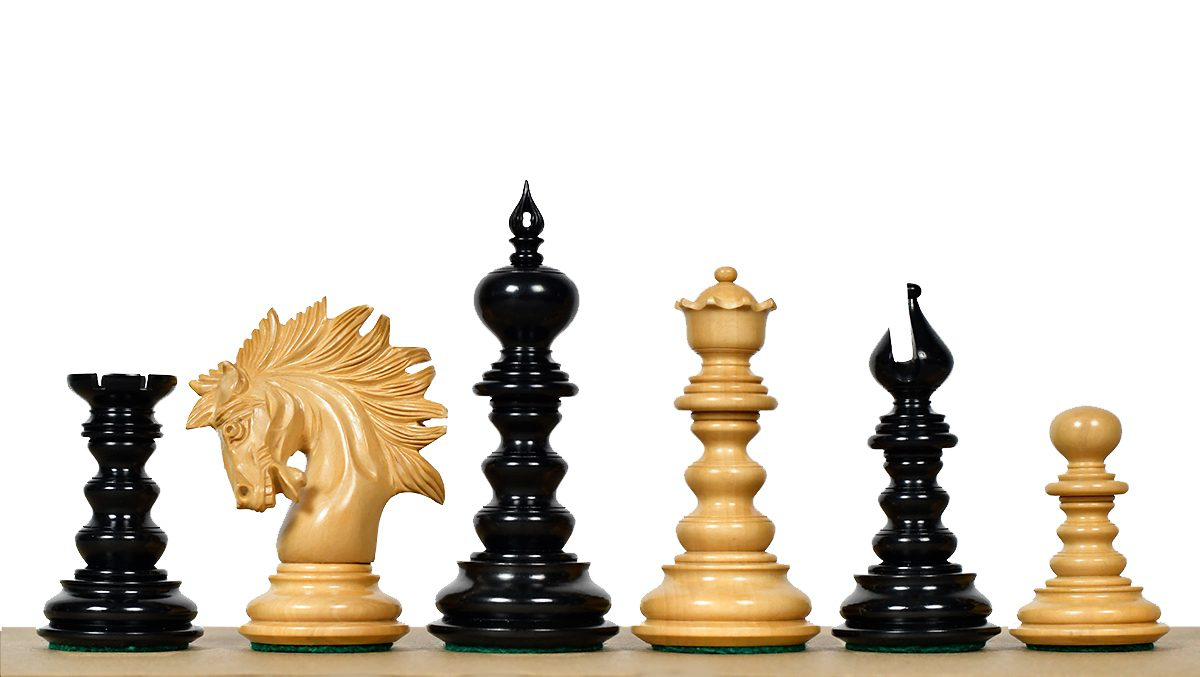
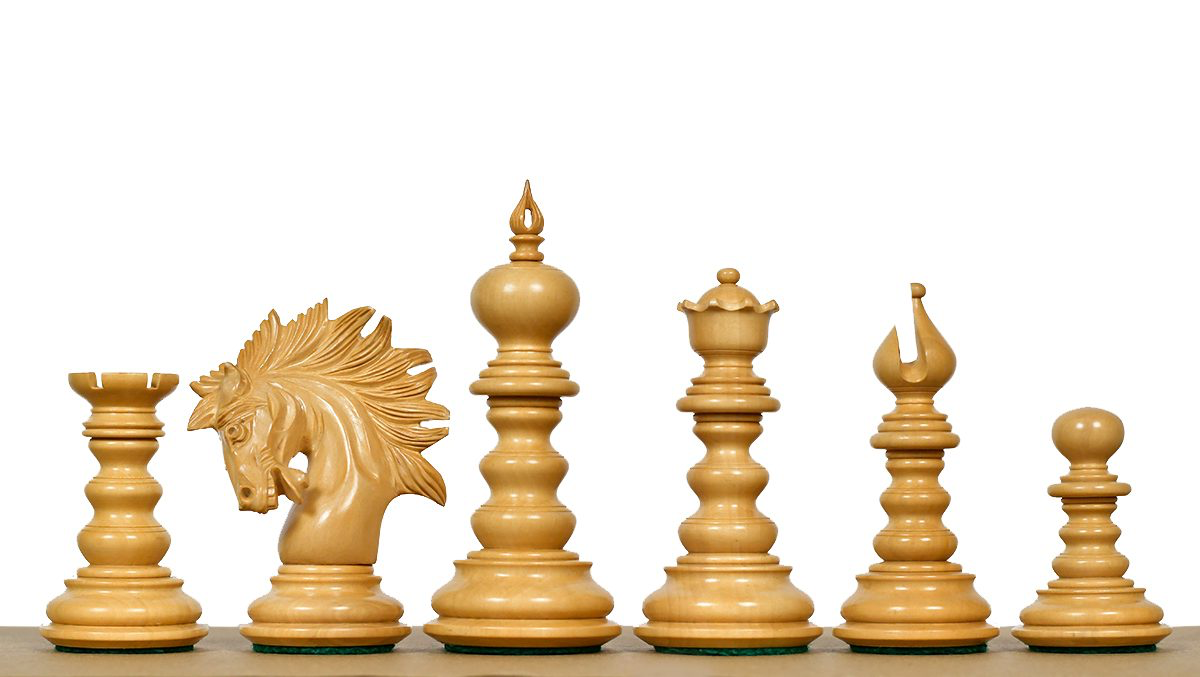
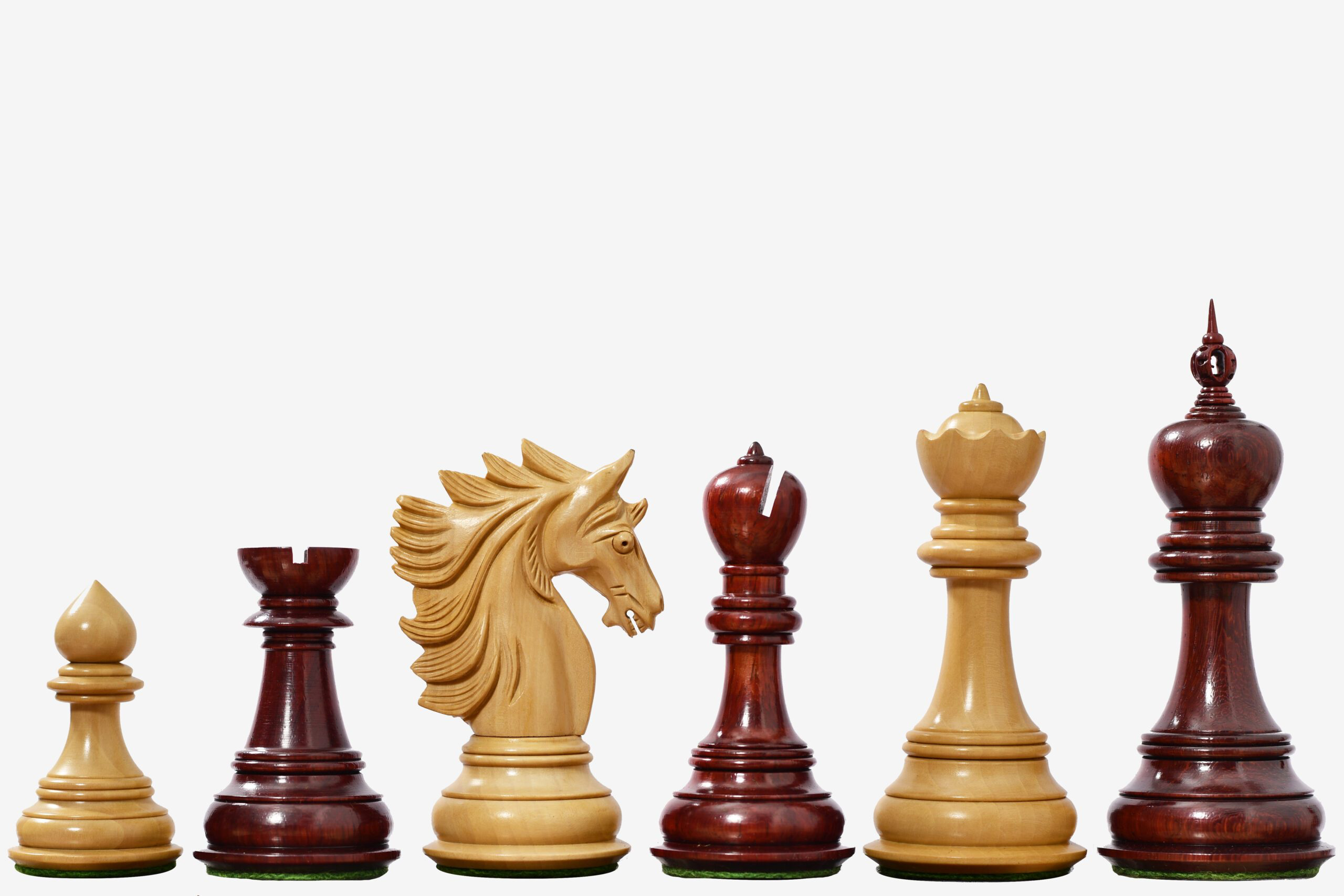
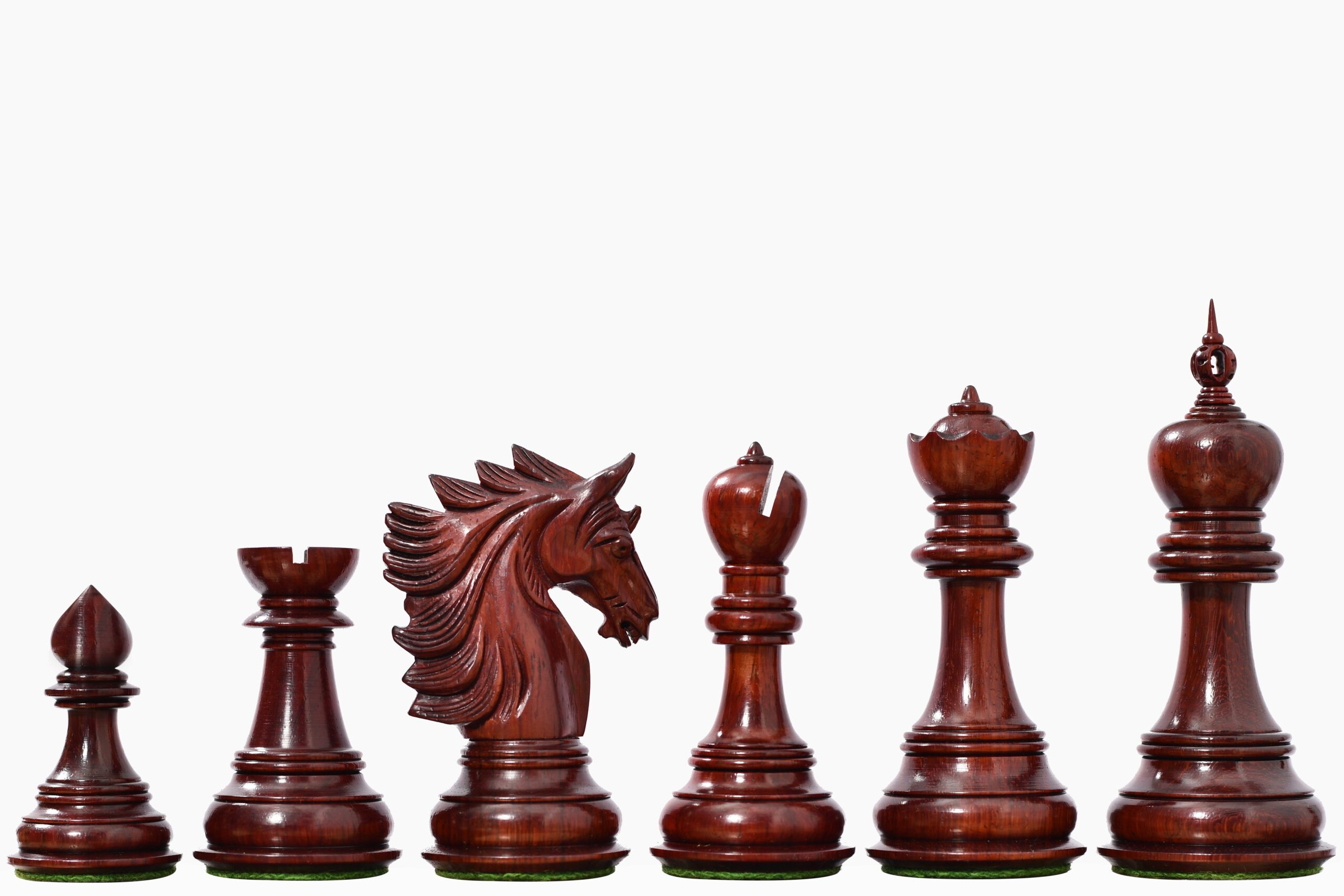
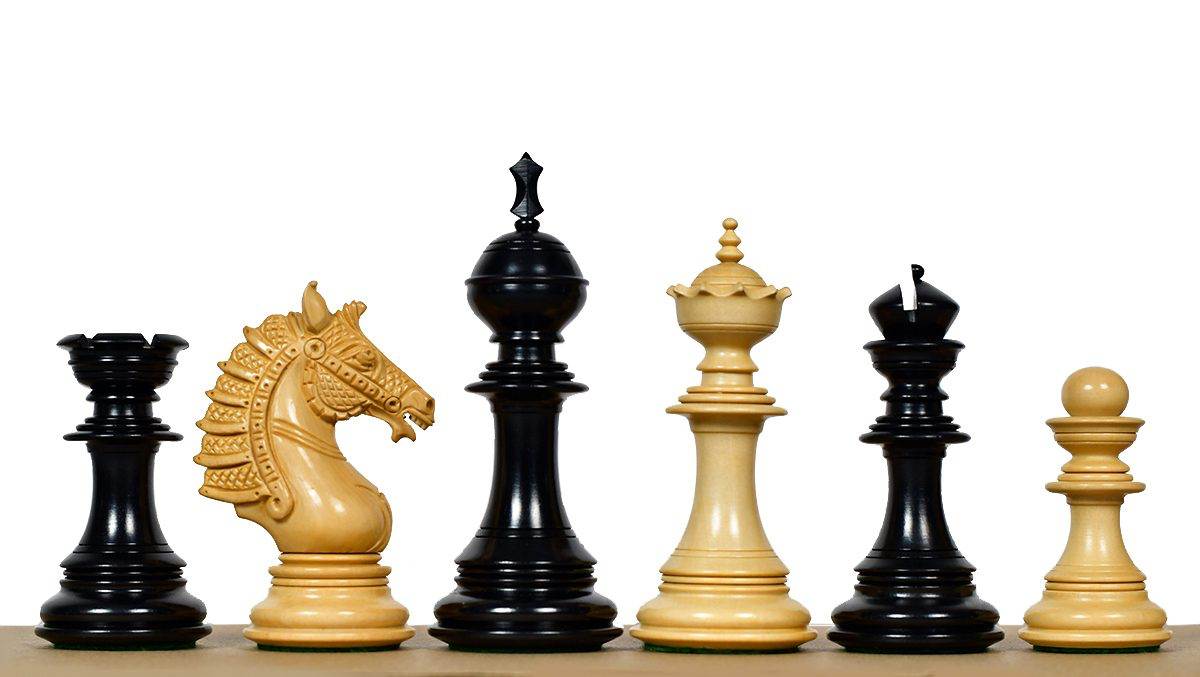
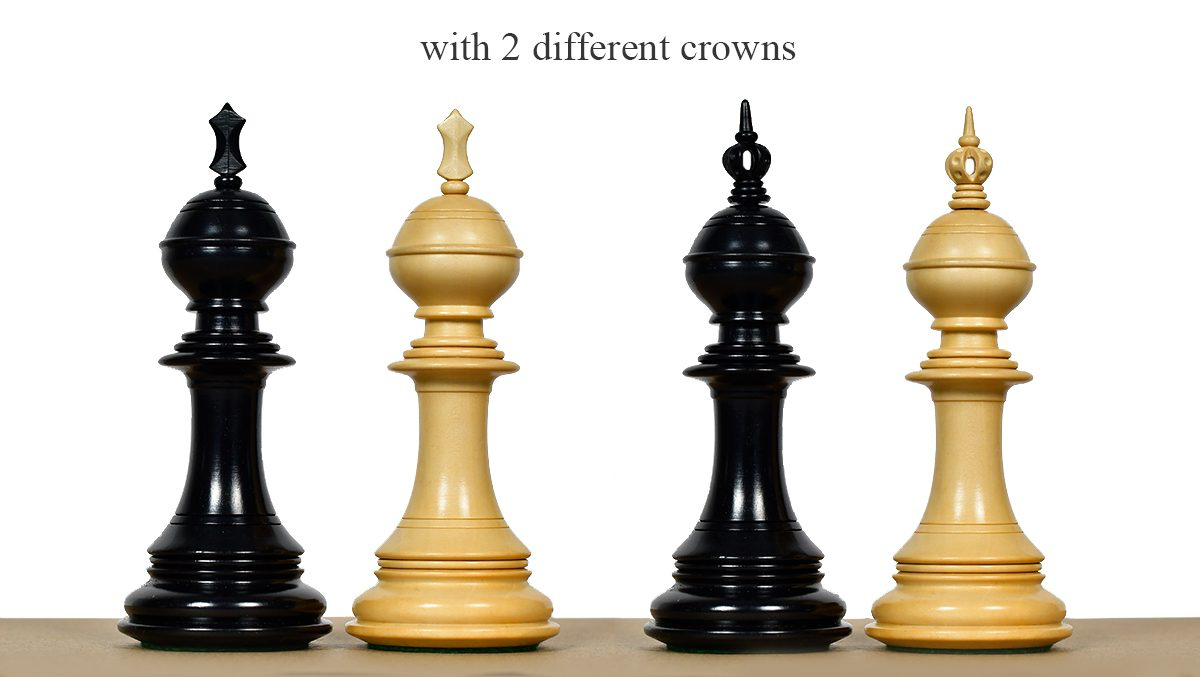
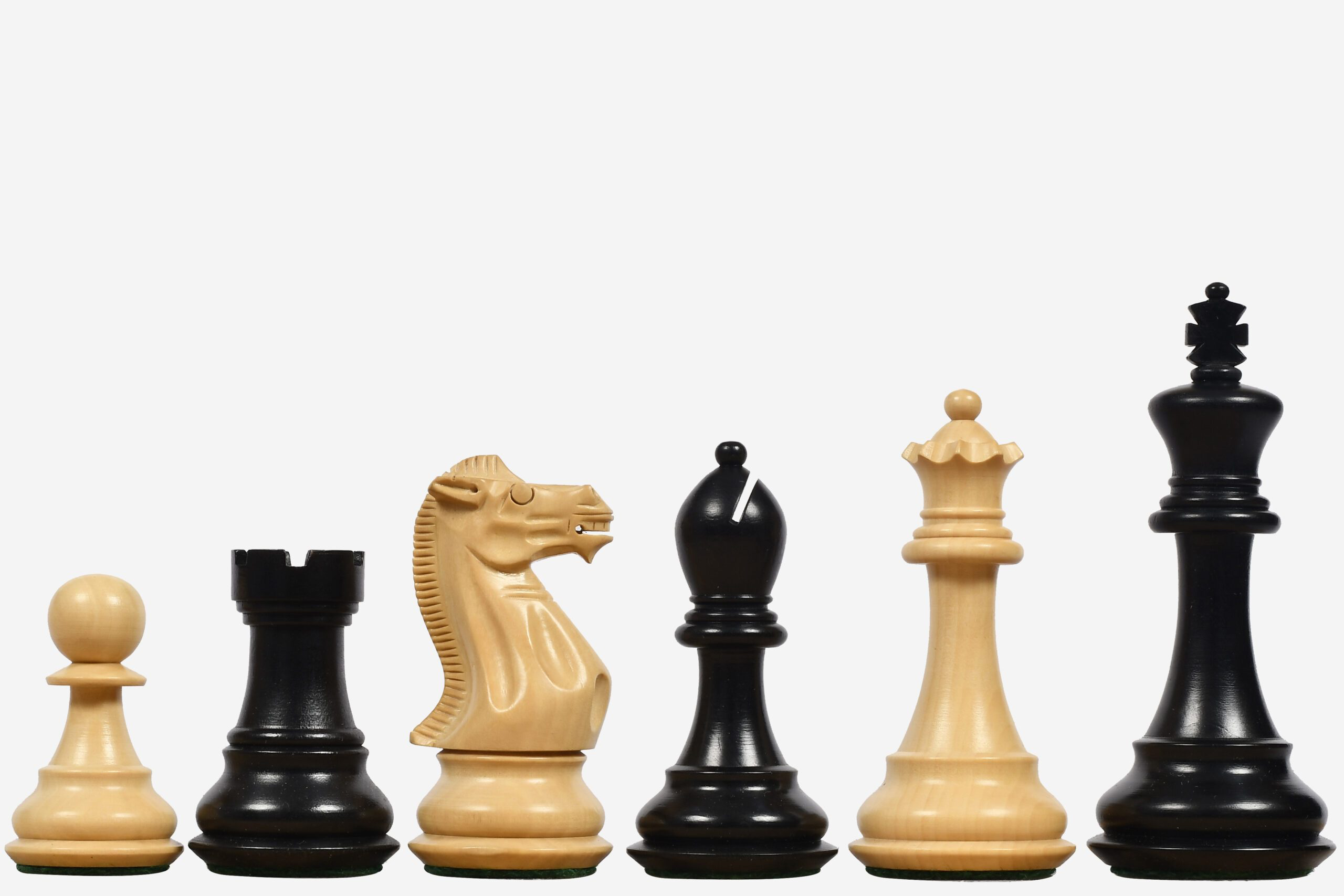
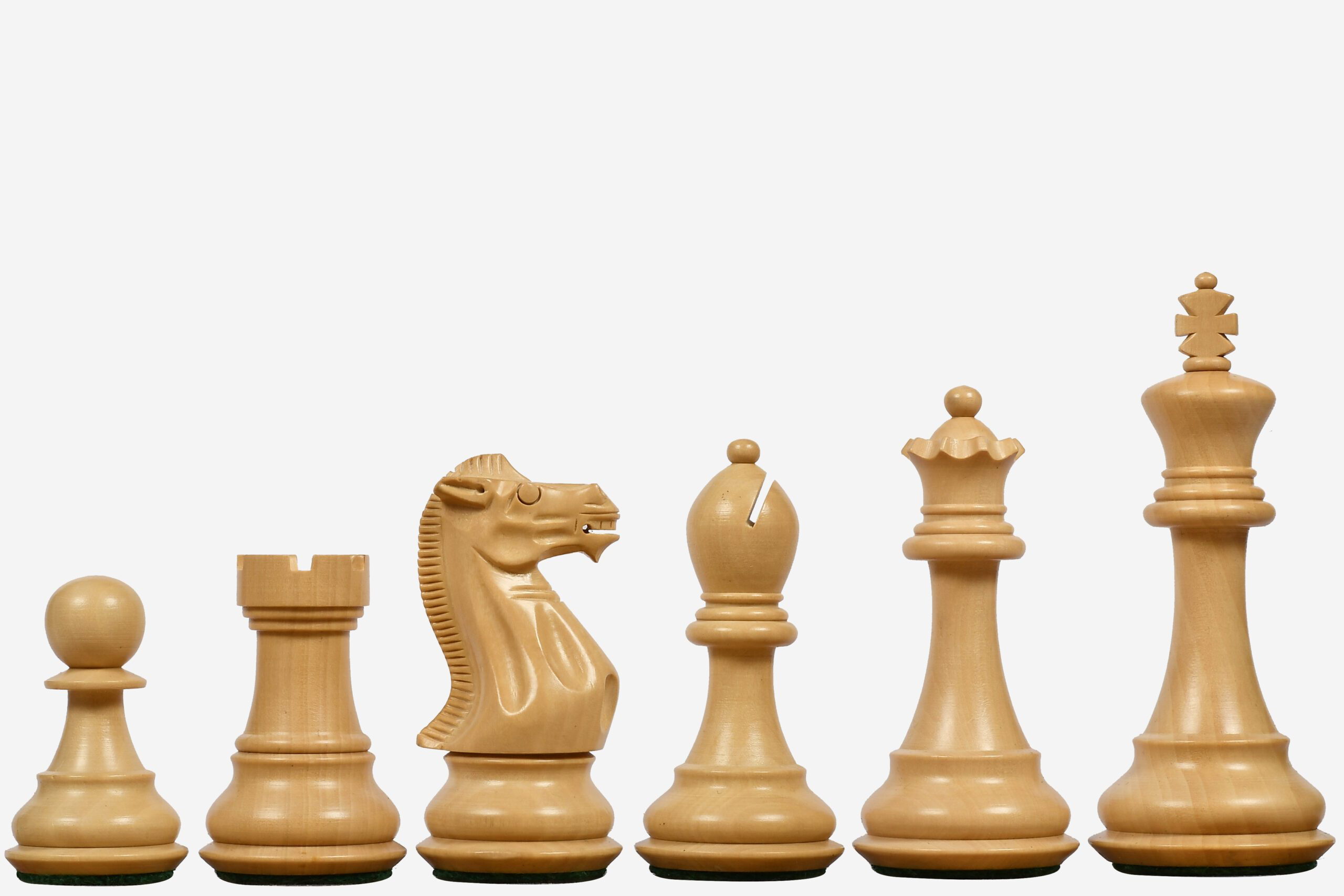
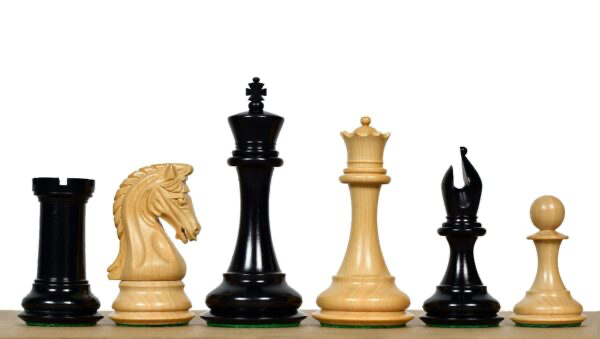
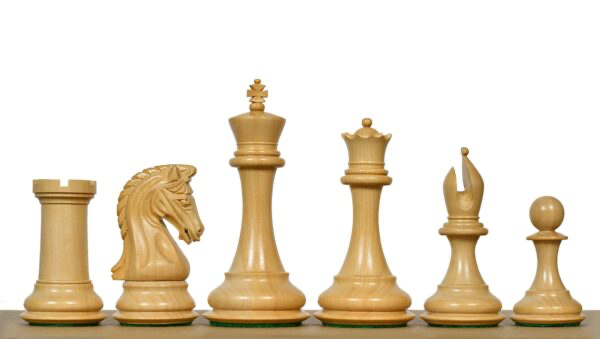






Leave a comment
All comments are moderated before being published.
This site is protected by hCaptcha and the hCaptcha Privacy Policy and Terms of Service apply.